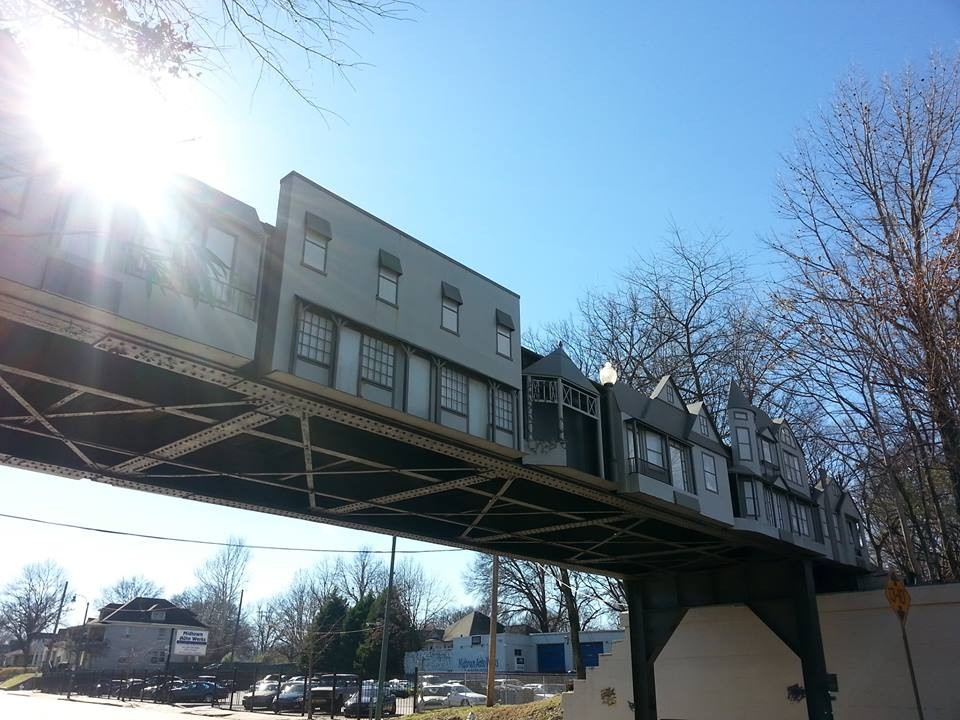After what turned out to be virtually an entire day’s worth of testimony from both sides on Monday, Chancellor JoeDae L Jenkins ruled for the plaintiffs JB
JB
John Ryder (l), attorney for the Election Commission, and Alexander Wharton, attorney for the NAACP, joust over a demographic map prepared by witness Steve Ross. Judge JoeDae L. Jenkins would rule for the Shelby County Democratic Party and the NAACP in a dispute over early-voting sites for the August 2 election.
and against the Election Commission, ordering that Mississippi Boulevard Christian Church and Frayser’s Ed Rice Community Center (or some similarly located venue) be added to the three early-voting sites scheduled to open on Friday of this week.
Judge Jenkins also enjoined that all the designated sites (numbering 27 in all, after tonight’s ruling) open on Monday, June 16th, instead of Wednesday, June 18th, as the Election Commission and Election Administrator Linda Phillips had planned, giving the Shelby County Democratic Party and the NAACP the essence of what they sought. The early-voting period is scheduled to last from June 13th to June 28th, with final voting to be held on the officiaL election day of August 2nd.
Monday’s decision was loaded with ironies. The Election Commission had ignited what became a county-wide controversy when it arbitrarily and without advance public notice announced in June that it was expanding the original list of 21 early-voting sites (the same as that employed for the May county primary), adding five new sites in what it termed “under-served” areas, most of them in historic Republican territory. The EC further designated the AgriCenter in Shelby Farms as a super-site, open for four extra days. (A “compromise” offer by the commission last Friday would have substituted three other extra-time sites, including one in a heavily Democratic area.)
Judge Jenkins turned that logic on its head, saying in his ruling from the bench that it was African-American areas that were under-served by the new configuration, and to arguments from Election Commission lawyer John Ryder and EC spokesperson Joe Young that there was no time left to effect any more changes or provide for an earlier availability for the sites, the Chancellor would rule that the commission had erred in the first place by springing its own changes on to the public without adequate notice or preparation.
All the parties will reconvene in Chancellor Jenkins’ courtroom on Tuesday at 10 a.m. to get written notice of the judge’s ruling, and attorneys for the Election Commission have indicated they will seek an interlocutory appeal and a stay of Jenkins’ injunction.
One set of plaintiffs on Monday consisted of Myron Lowery and the Shelby County Democratic Party and was represented by lawyer Julie Byrd Ashworth, the other was the NAACP, represented by brothers Alexander Wharton and Andre Wharton. Ryder did the honors for the Election Commission.
Highlights of the hearing were a lengthy cross-examination of Election Commission chairman Robert Meyers by Alexander Wharton and detailed testimony on the demographics of site selection by witness Steve Ross, who was put on the stand by the plaintiffs.
 Facebook- Cooper-Young Community Association
Facebook- Cooper-Young Community Association